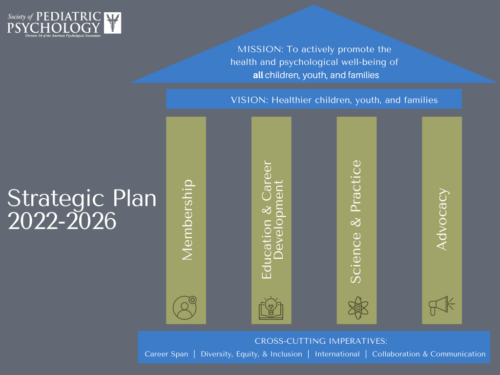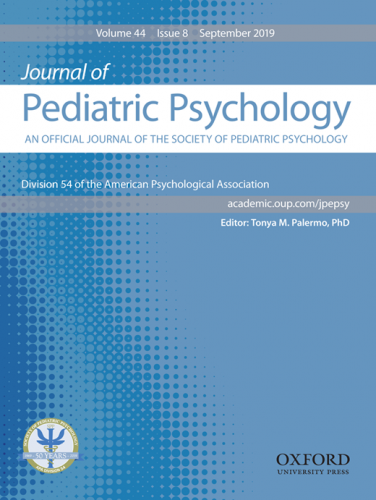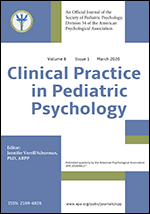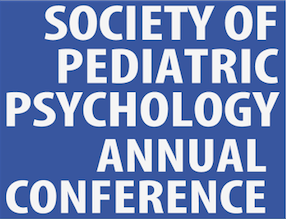Strategic Plan 2022-2026

MEMBERSHIP
Goal: Recruit, engage, develop, and retain a diverse and inclusive membership.
Objective 1: Increase the representation of the SPP Membership to reflect the demographics of the populations served.
Objective 2: Increase the representation and accessibility of the SPP Board of Directors (elected and appointed) and other appointed representatives/liaisons/workgroups
Objective 3: Develop a needs and engagement assessment to be rolled out.
EDUCATION & CAREER DEVELOPMENT
Goal: Promote quality education and career development opportunities for pediatric psychologists and trainees.
Objective 1: Deliver evidence-based pediatric psychology education and training that align with SPP strategic plan objectives.
Objective 2: Provide mentorship and leadership development opportunities for pediatric psychologists and trainees that will facilitate their growth and enable them to thrive professionally and personally.
Objective 3: Expand opportunities for members to avail themselves of SPP-sponsored career advancement opportunities.
SCIENCE & PRACTICE
Goal: Support and disseminate evidence-based research and practice in pediatric psychology.
Objective 1: Invest in SPP member research and practice through grants, awards, and trainings.
Objective 2: Provide opportunities for dissemination of evidence-based research and practice.
Objective 3: Increase attention to DEI in research and practice in pediatric psychology.
ADVOCACY
Goal: Become a trusted leader in pediatrics and pediatric psychology advocating for the health and wellbeing of children, adolescents, and families.
Objective 1: Create and maintain the infrastructure for an advocacy identity for the society.
Objective 2. Provide training and opportunities to advance the advocacy skills of members.
Objective 3: Enhance member engagement in APA advocacy efforts to ensure that Pediatric Psychology is represented.
Objective 4: Incorporate the lived experience of children, adolescents, and families in the society’s advocacy work.
Objective 5: Leverage and enhance the partnerships with pediatric organizations to ensure that pediatric psychology is represented in ongoing advocacy efforts.



